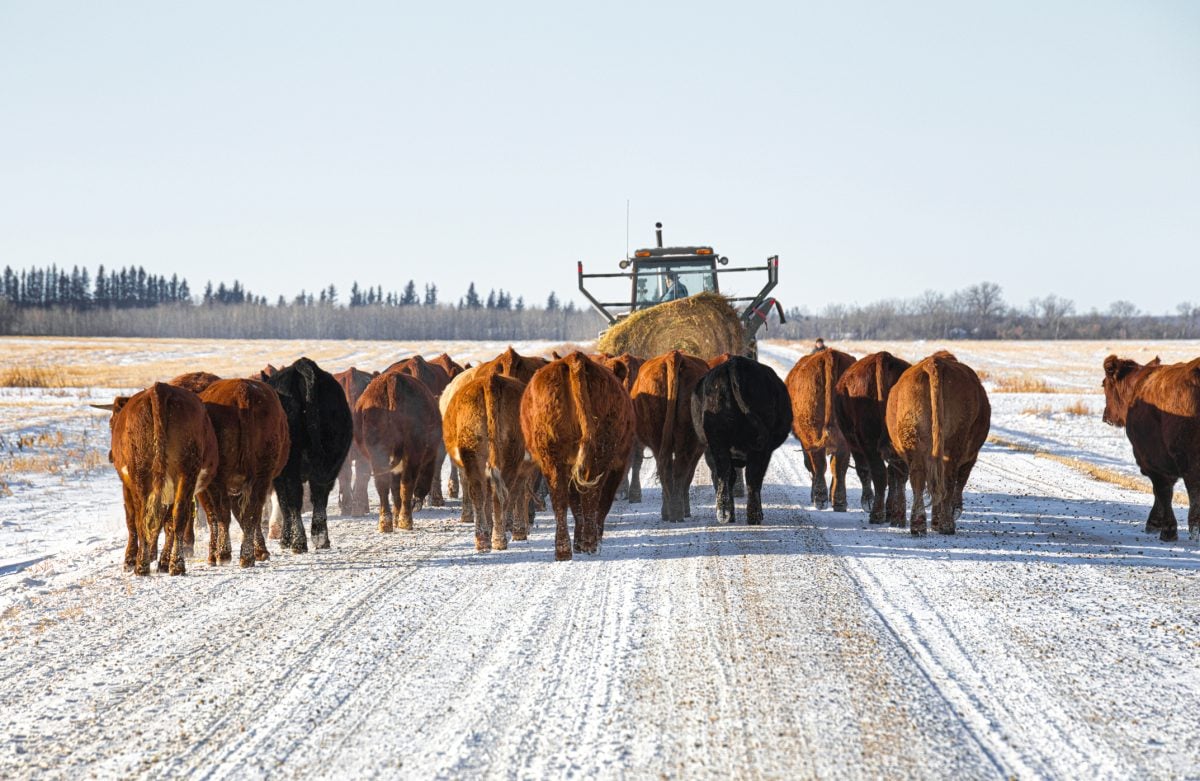Chicago | Reuters — Chicago corn closed on Friday with its biggest yearly drop in a decade while wheat and soybeans also posted steep annual declines after bumper harvests in Brazil and resilient Black Sea trade tempered concerns about weather and war.
Overall, the most-active corn contract Cv1 closed down 31% over 2023, the sharpest decline since 2013 for the most globally traded commodity crop. Wheat Wv1 fell 21% this year, while soybeans Sv1 lost 15%.
Grain and oilseeds will end a run of several years of price gains linked to harvest setbacks, the COVID-19 pandemic and Russia’s invasion of Ukraine.
Read Also

U.S. livestock: CME cattle tick lower in thin pre-holiday trade
Chicago | Reuters – Chicago Mercantile Exchange live and feeder cattle futures were little changed but ended slightly lower on…
Record corn harvests this year in Brazil and the United States, as well as an all-time high for Brazilian soybean production, have helped offset severe drought in Argentina.
Improved rainfall in Argentina towards the end of the year has, however, allowed farmers to make good progress sowing the next corn and soy crops.
Next year, farmers are likely to feel the effects of lower prices and prioritize planting soybeans in the United States.
“In 2024, producers are going to be a lot more concerned about their input costs and that is where beans play a much better role for them,” said Mike Zuzolo, president of Global Commodity Analytics.
Grain markets have been assuaged by large wheat exports from Russia, which harvested another bumper crop this year, and a revival in grain shipments from Ukraine after Kyiv established a new shipping channel.
Futures prices meandered lower with thin volume on the last trading day of 2023. The most-active wheat contract Wv1 was down 3-1/2 cents at $6.28 per bushel while soybeans fell 14 cents at $12.98 a bushel. Corn settled down 3 cents at $4.71-1/4 per bushel.
The U.S. Agriculture Department reported export sales of U.S. soybeans in the week ended Dec. 21 were in line with trade expectations. Sales of wheat were toward the low end of expectations and corn toward the high end of expectations.
Traders were monitoring crop conditions in Brazil to see if recent rainfall and widespread showers forecast for next week will curb drought damage in central and northern regions.
In 2024, crop markets may face tighter supplies due to adverse El Nino-related weather effects, export restrictions and higher biofuel mandates, analysts said. If El Nino effects are less than feared, farmers may grapple with mountains of corn.
–Additional reporting for Reuters by Naveen Thukral.














